How to Build Trust in a New Relationship
Have you ever wondered what makes a new relationship feel safe and secure? Starting fresh with someone new is exciting, but it can also feel scary. Trust is the foundation of any strong relationship, yet it’s not something that happens overnight. It’s like planting a seed—you need to nurture it to watch it grow. In this guide, we’ll explore how to build trust in a new relationship with simple, actionable steps. Whether you’re dating someone new or deepening a friendship, these tips will help you create a bond that lasts.
Are you in a long-distance relationship, struggling to maintain trust while apart? Don’t miss our long-distance relationship tips that truly strengthen your bond.
A few years ago, I started dating someone who seemed perfect. We laughed, shared stories, and had chemistry. But I noticed we both held back, afraid of getting hurt. It wasn’t until we openly communicated and took small steps to trust each other that our relationship grew stronger. That experience taught me trust isn’t automatic—it’s built with care. Let’s dive into how you can do the same.

Why Trust Matters in a New Relationship
Trust is the glue that holds relationships together. Without it, even the best connections can crumble. When you trust someone, you feel safe to be yourself. You’re not worried about being judged or betrayed. In a new relationship, trust creates a space for honesty, vulnerability, and growth.
Building trust early sets the tone for the future. It helps you and your partner navigate challenges, like disagreements or misunderstandings, with confidence. Ready to learn how to build trust in a new relationship? Let’s break it down into clear steps.
Step-by-Step Guide to Building Trust
Here’s a practical roadmap to help you foster trust from the start. Think of it as a checklist for creating a strong foundation.
1. Be Honest from Day One
Honesty is the cornerstone of trust. Even small lies can damage a new relationship. Be truthful about your feelings, intentions, and past. If you’re nervous about sharing something, say so. Your partner will appreciate your openness.
- Tip: Avoid exaggerating or hiding details to seem “better.” Authenticity builds trust faster.
- Example: If you’re not ready for a serious commitment, say it kindly instead of pretending.
“Trust is built with consistency and honesty.” Start small, like sharing a true story about your day, and build from there.
2. Communicate Openly and Often
Good communication is key to trust. Share your thoughts and listen to your partner’s. Ask questions to show you care. If something bothers you, don’t bottle it up—talk about it calmly.
- How to do it: Set aside time to talk without distractions. Put phones away and focus on each other.
- Try this: Use “I feel” statements, like “I feel worried when plans change suddenly,” to avoid blame.
Regular check-ins, like asking “How are we doing?” can strengthen your bond. Open communication shows you’re invested in the relationship.
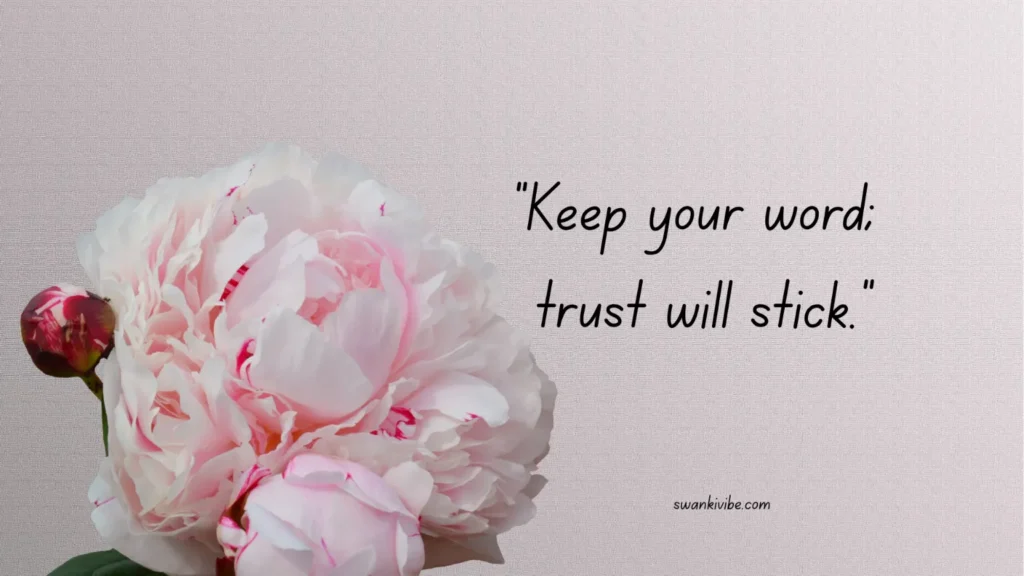
3. Respect Boundaries
Everyone has personal limits, and respecting them builds trust. Early in a relationship, discuss what makes you both comfortable. This could be about time spent together, personal space, or sensitive topics.
- Example: If your partner needs alone time, don’t push them to hang out constantly.
- Checklist for boundaries:
- Ask what’s okay and what’s not.
- Honor their requests without judgment.
- Share your own boundaries clearly.
Respecting boundaries shows you value your partner’s needs, which deepens trust.
4. Be Reliable and Consistent
Trust grows when actions match words. If you promise to call, do it. If you plan a date, show up on time. Small, consistent actions prove you’re dependable.
- Tip: Don’t overpromise. Only commit to what you can deliver.
- Example: If you say you’ll help with something, follow through, even if it’s small, like sending a text reminder.
Consistency builds a sense of safety. Your partner will know they can count on you, which is crucial for trust.

5. Show Vulnerability
Being vulnerable can feel risky, but it’s a powerful way to build trust. Share your fears, dreams, or past experiences. This invites your partner to open up, too.
- How to start: Share a small personal story, like a time you overcame a challenge.
- Be patient: Don’t pressure your partner to share before they’re ready.
Vulnerability creates emotional closeness. It shows you’re willing to let your guard down, which encourages trust.
6. Forgive and Move Forward
Mistakes happen in every relationship. Maybe your partner forgets a plan or says something hurtful. Holding grudges can erode trust. Instead, address the issue, forgive, and move on.
- Steps to forgive:
- Talk about what happened calmly.
- Listen to their side without interrupting.
- Agree on how to avoid similar issues.
Forgiveness shows you’re committed to the relationship, not just to being “right.” It builds trust by proving you can work through problems together.
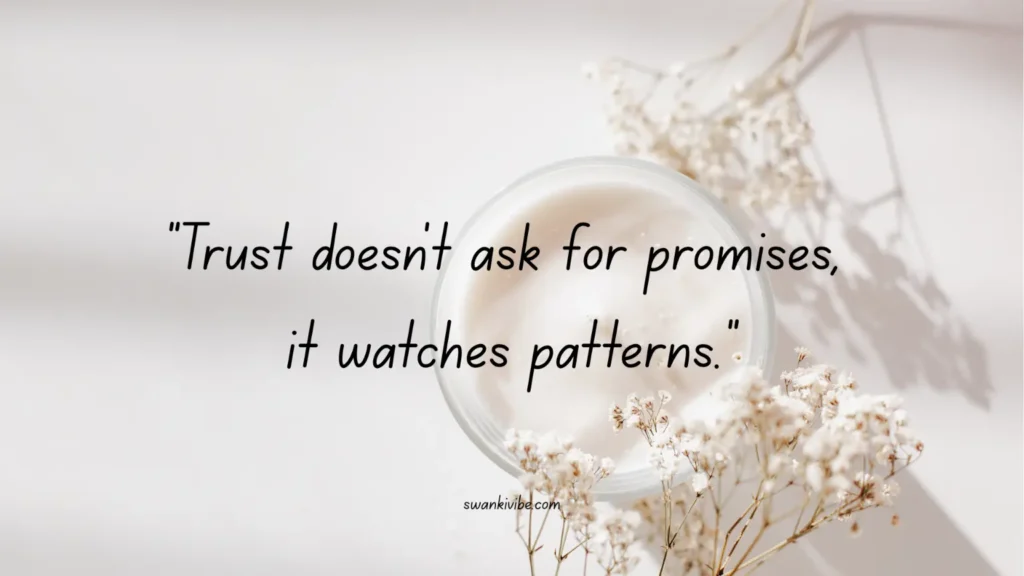
7. Give Trust to Get Trust
Trust is a two-way street. If you want your partner to trust you, show them trust first. Avoid suspicion or jealousy unless there’s a clear reason. Believe in their good intentions.
- Example: If they’re late, don’t assume the worst. Ask what happened instead.
- Tip: Trusting someone encourages them to be trustworthy.
Giving trust creates a positive cycle. It shows you’re confident in the relationship, which strengthens the bond.
Common Trust-Building Mistakes to Avoid
Even with the best intentions, it’s easy to make mistakes. Here are pitfalls to watch out for:
- Rushing trust: Trust takes time. Don’t expect instant closeness or share too much too soon.
- Ignoring red flags: If your partner consistently lies or disrespects you, address it early.
- Being inconsistent: Mixed signals, like canceling plans often, can make your partner doubt you.
- Avoiding tough talks: Sweeping issues under the rug creates distance, not trust.
Awareness of these mistakes helps you stay on track while learning how to build trust in a new relationship.
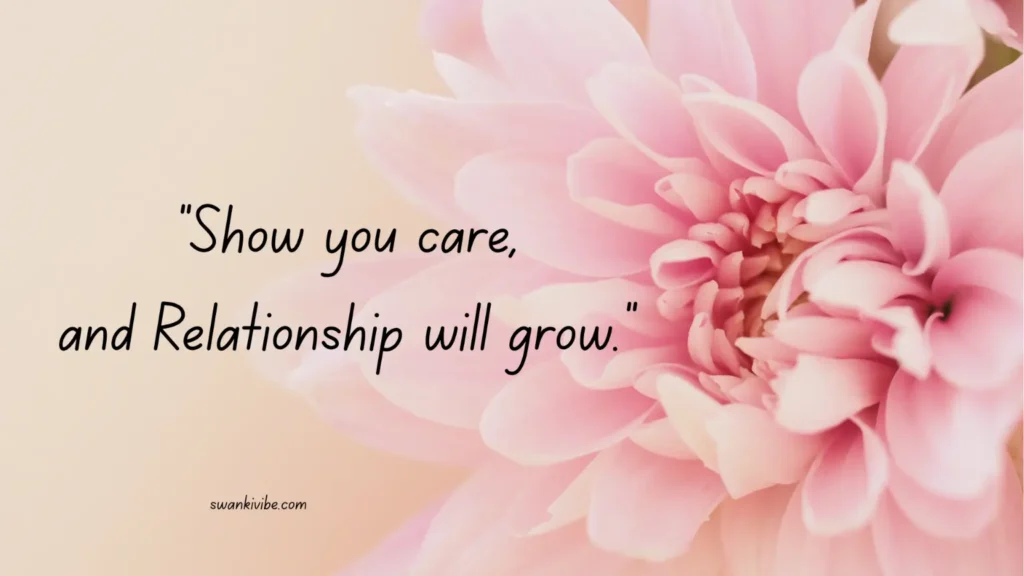
How to Track Your Progress
Building trust is a journey, not a race. Use these methods to measure how far you’ve come:
- Reflect weekly: Ask yourself, “Do I feel safer sharing with my partner?” or “Are we communicating better?”
- Talk together: Check in with your partner about what’s working and what needs improvement.
- Notice small wins: Celebrate moments like resolving a conflict or opening up about something new.
Tracking progress keeps you motivated. It also shows you’re moving toward a stronger, more trusting relationship.
Trust-Building Tips for Long-Term Success
Once trust starts growing, keep nurturing it. Here are habits to maintain trust over time:
- Stay curious: Keep learning about your partner. Ask about their goals, fears, and passions.
- Show appreciation: Thank them for small things, like listening or being there.
- Handle conflicts kindly: Disagreements are normal. Focus on solutions, not blame.
- Keep growing together: Try new activities, like cooking or traveling, to deepen your bond.
These habits ensure trust stays strong, even as your relationship evolves.
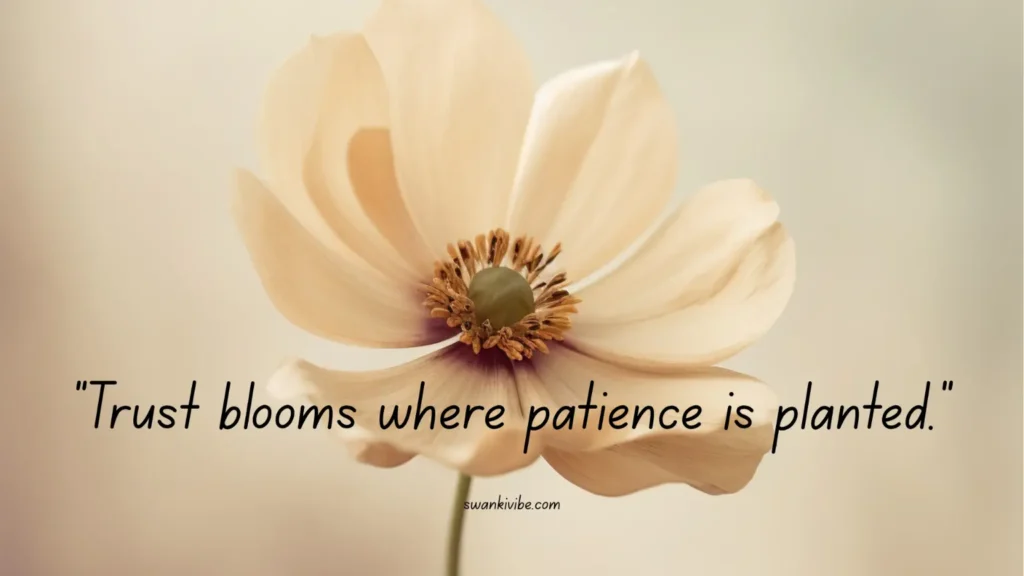
Final Thoughts on Building Trust
Learning how to build trust in a new relationship is about small, intentional steps. Be honest, communicate, and respect each other’s needs. Show up consistently, share your heart, and forgive mistakes. Trust takes time, but every effort you make brings you closer to a meaningful connection.
Now it’s your turn to take action. What’s one step you’ll try today to build trust with someone new? Share your thoughts in the comments below—I’d love to hear your story! Or, if you’re feeling inspired, tell a friend about this guide and start your trust-building journey together.
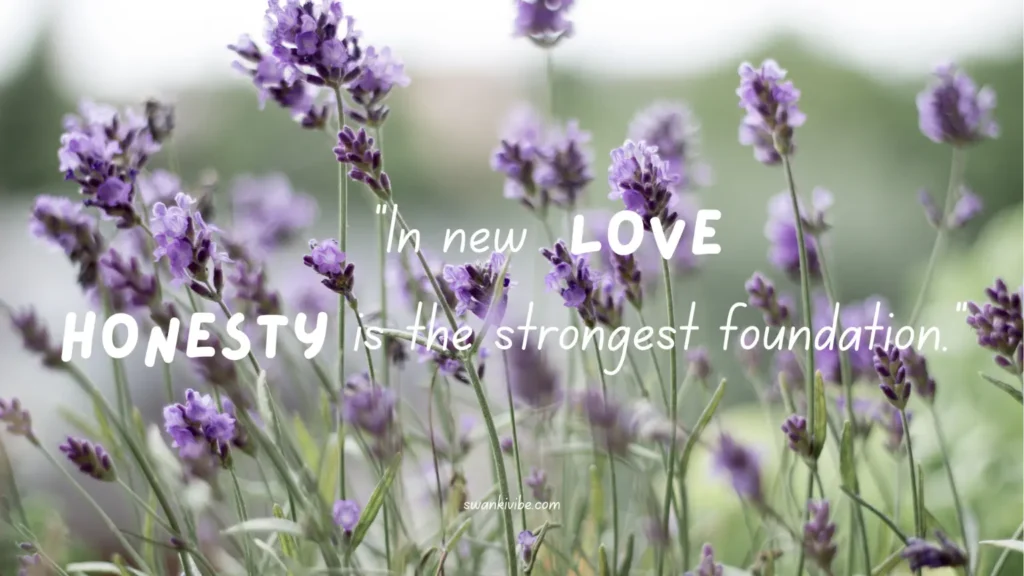
“Want more content like this? Check out our blog page for the latest posts!”






